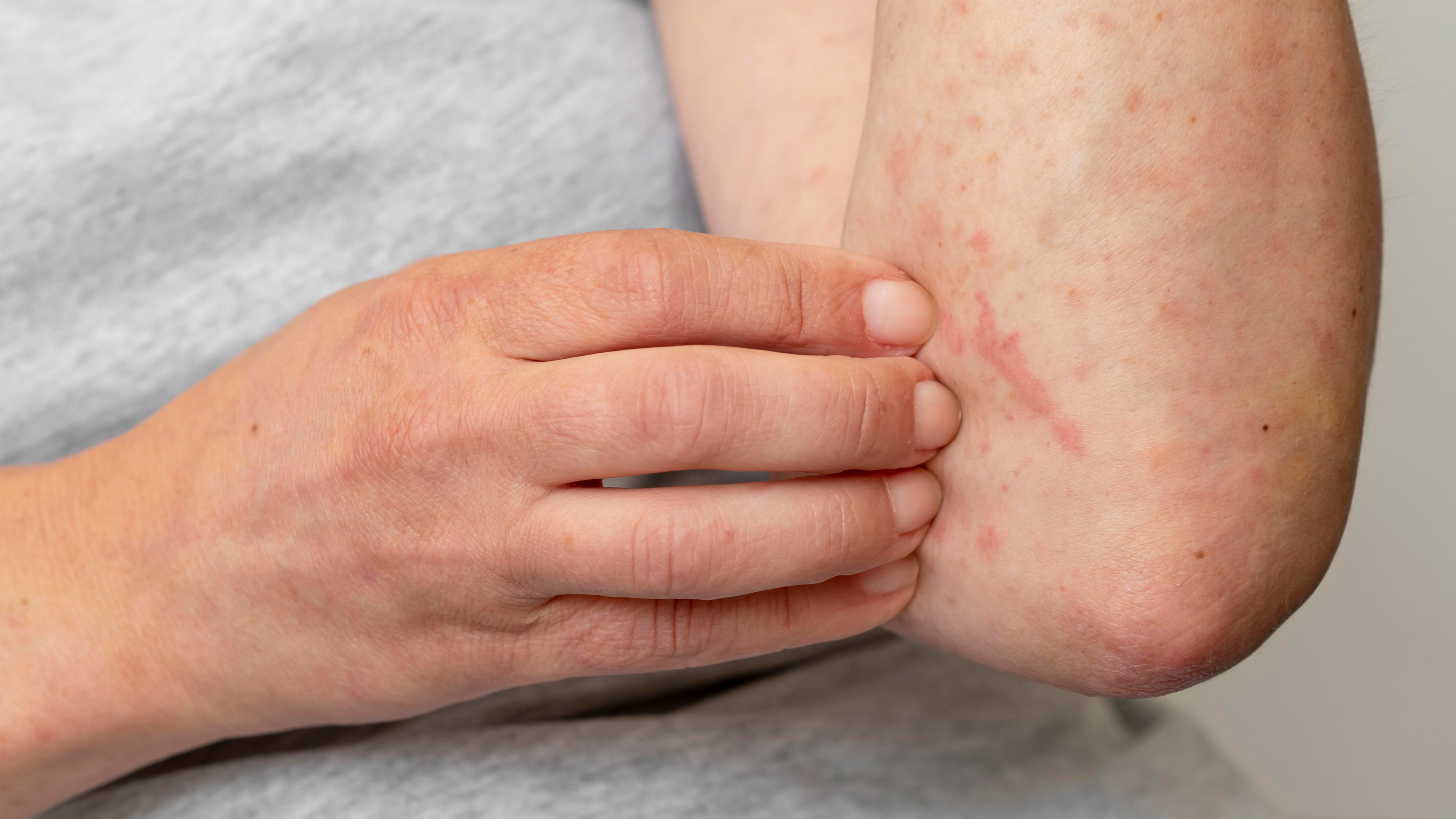What skin conditions can Fusidic Acid Powder treat?
Fusidic acid powder is a versatile topical antibiotic that can be used to treat a variety of skin conditions. Its primary use is for bacterial skin infections, but it's important to understand the specific conditions it can effectively treat.

One of the most common uses for fusidic acid powder is in the treatment of impetigo. This highly contagious skin infection is characterized by red sores that burst and form honey-colored crusts. Fusidic acid is particularly effective against the bacteria that cause impetigo, namely Staphylococcus aureus and Streptococcus pyogenes.
Another condition that fusidic acid powder can treat is folliculitis. This occurs when hair follicles become infected, leading to small, red, and often itchy bumps on the skin. The antibiotic properties of fusidic acid help to eliminate the bacteria causing the infection and reduce inflammation.
Fusidic acid powder is also effective in treating minor wounds and cuts that have become infected. It can help prevent the spread of infection and promote faster healing. In some cases, it may be used to treat more severe skin infections, such as cellulitis, under the guidance of a healthcare professional.
Additionally, fusidic acid powder can be beneficial in treating certain types of dermatitis, particularly when there's a bacterial component involved. This includes conditions like infected eczema or contact dermatitis that has become secondarily infected.
It's worth noting that while fusidic acid powder is effective against many bacterial skin infections, it's not suitable for treating fungal or viral skin conditions. Therefore, it's crucial to get an accurate diagnosis from a healthcare provider before using this medication.
How often should Fusidic Acid Powder be applied?
The frequency of fusidic acid powder application depends on several factors, including the severity of the infection, the specific condition being treated, and the instructions provided by your healthcare provider. However, there are some general guidelines that can help ensure the most effective use of this medication.
In most cases, fusidic acid powder is typically applied to the affected area two to three times a day. This frequency allows for a consistent level of the antibiotic on the skin, maximizing its effectiveness against the bacterial infection. It's important to space out the applications evenly throughout the day to maintain a steady concentration of the medication on the skin.

For mild to moderate infections, applying the powder twice daily is often sufficient. This could mean once in the morning and once in the evening, approximately 12 hours apart. For more severe infections, your doctor might recommend increasing the frequency to three times a day, with applications spaced about 8 hours apart.
It's crucial to follow the prescribed regimen consistently. Skipping doses or applying the powder irregularly can reduce its effectiveness and potentially lead to antibiotic resistance. Even if your symptoms start to improve, it's important to complete the full course of treatment as prescribed by your healthcare provider.
The duration of treatment can vary depending on the condition being treated and how well it responds to the medication. Typically, fusidic acid powder is used for 7 to 14 days. However, some conditions may require longer treatment periods. Your healthcare provider will determine the appropriate duration based on your specific situation.
It's important to note that if you don't see improvement in your condition after a few days of use, or if your symptoms worsen, you should consult your healthcare provider. They may need to reassess your condition and possibly adjust your treatment plan.
Are there any precautions to take when using Fusidic Acid Powder?
While fusidic acid powder is generally safe and effective when used as directed, there are several precautions to keep in mind to ensure its safe use and maximize its benefits.
First and foremost, it's crucial to use fusidic acid powder only as prescribed by your healthcare provider. Do not use it for conditions other than those for which it was prescribed, and do not exceed the recommended dosage or duration of treatment.
Before applying the powder, ensure that the affected area is clean and dry. Gently wash the area with mild soap and water, then pat it dry with a clean towel. This helps to remove any dirt, debris, or excess oil that could interfere with the powder's effectiveness.
When applying the powder, be careful to avoid getting it in your eyes, nose, or mouth. If accidental contact occurs, rinse thoroughly with water. If irritation persists, seek medical attention.
It's important to avoid covering the treated area with airtight dressings or bandages unless specifically instructed to do so by your healthcare provider. Occlusive dressings can increase the absorption of the medication into your body, potentially leading to unwanted side effects.
If you're using fusidic acid powder on your face, be cautious around the eyes and avoid applying it too close to the eye area. If you're treating an infection near your eyes, follow your doctor's instructions carefully.
Be aware that fusidic acid powder can interact with other medications, both topical and oral. Always inform your healthcare provider about all medications you're currently using, including over-the-counter drugs and supplements.
If you're pregnant or breastfeeding, consult your healthcare provider before using fusidic acid powder. While it's generally considered safe, it's important to weigh the potential benefits against any risks.
Lastly, be patient with the treatment. It may take several days before you start to see improvement in your condition. If your symptoms persist or worsen after a few days of treatment, consult your healthcare provider.
By following these precautions and using fusidic acid powder as directed, you can maximize its effectiveness and minimize the risk of potential side effects or complications.
If you are also interested in this product and want to know more product details, or want to know about other related products, please feel free to contact sasha_slsbio@aliyun.com.

